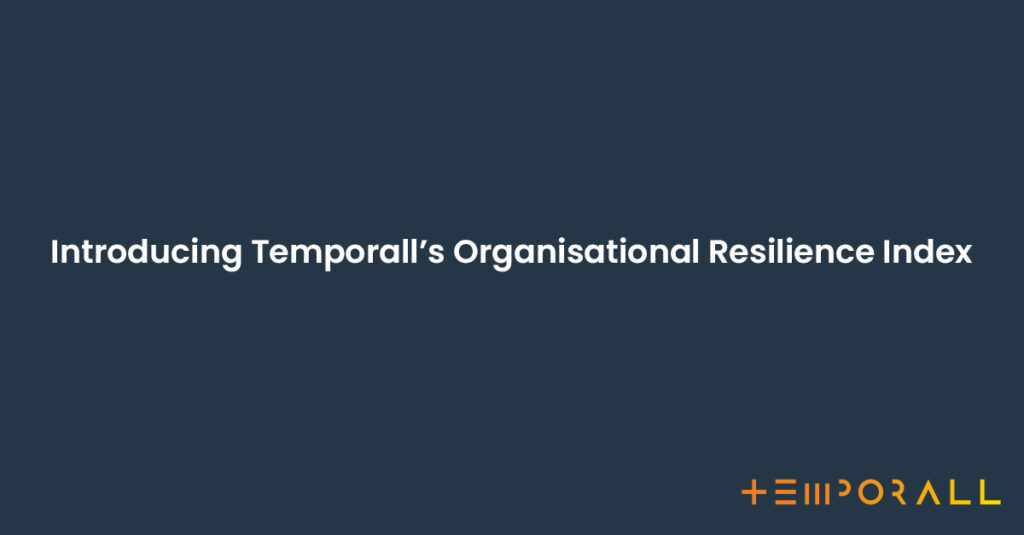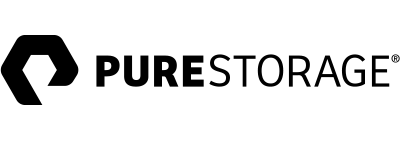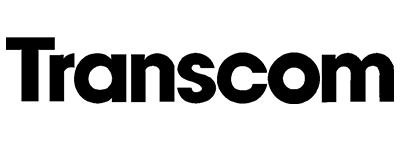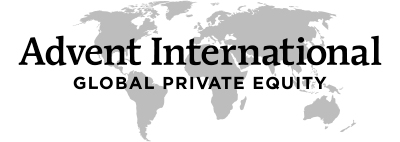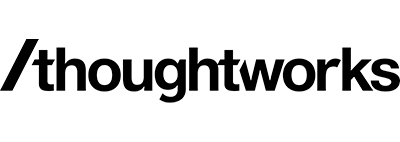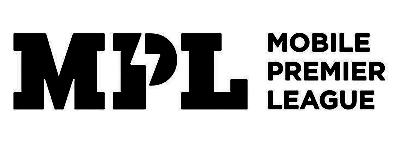Do you understand how your team are reacting to, and performing during, a crisis?
In years working with organisations, from the world’s largest and most disruptive companies to traditional industries and charities, it became very clear that there was a gap between technology and people. This is particularly stark in business continuity and organisational resilience. Now more than ever, organisations need clarity in the human side of resilience
Julian Birkinshaw,
Professor of Strategy and Entrepreneurship The London Business School
Introducing Temporall’s Organisational Resilience Index
Temporall’s core mission is to help organisations realise their full Organisational Intelligence, ensuring leaders have clarity when making decisions and subsequently have the insight to be more resilient. We are therefore pleased to announce the availability of our latest framework, the Organisational Resilience Index (ORI).
Temporall’s ORI examines the human aspect of resilience in the workplace, particularly during periods of turbulence and uncertainty.
The ORI is hosted on Temporall’s workplace insights platform, Workbench, we use proprietary software and A.I. techniques to turn data from a companies’ employees, enterprise systems and records into high-value insights.
Using advanced organisational diagnostics, we help leaders understand how well their company is able to sense, respond and adapt to disruptive change at an individual, leadership and organisational level. By identifying and tracking areas of strength and those that need improvement, leaders can ensure organisations are able to see through the crisis and withstand future turbulence because they are in control of their situation, not simply in charge.
Drawing on the latest research and expert thinking, we have identified the core qualities of organisations most resilient to disruptive change and as a result, have divided the ORI into 3 pillars: Individual, Leadership, and Organisational Resilience, with 24 specific associated resilience attributes. Some of the key attributes are listed below.
Individual Resilience
We assess the ability of individuals to stay robust and resilient in times of unplanned change:
- Acceptance of the reality
Sense of meaning in work and life - Capacity and freedom to improvise
- Ability to adapt and act quickly
- Connection and support
Leadership Resilience
To help leaders be as effective as possible in periods of disruption and uncertainty we assess their ability to:
- Make high-quality and fast decisions
- Invite multiple perspectives
Delegate and trust others - Remain aware of own biases and weaknesses under stress
- Communicate with clarity and transparency
Organisational Resilience
We examine the capacity of a company and its people to keep functioning through turbulence and disruption, including:
- Cohesion and unity
- Vigilant and alert to changing conditions
- Accountability throughout an entire workforce
Organisational Insights
We use Workbench to deploy the ORI, gathering data from multiple sources and analysing the results to give leaders clarity on the mindset, behaviours and actions that impact organisational resilience. Workbench is multilingual and has the capability to gather feedback from an entire company or a subset of the workforce.
At the start of an engagement with our clients we deliver a deep and comprehensive view of the whole organisation in an Executive Insights Report, which includes analytics, reporting, and high level recommendations. We then conduct continuous and regular assessments to track changing behaviours and evolving organisational patterns.
Using the ORI on Workbench, clients gain a clear picture of the factors that impact their organisational resilience and in-turn allows them, with our guidance, to identify areas for improvement.

